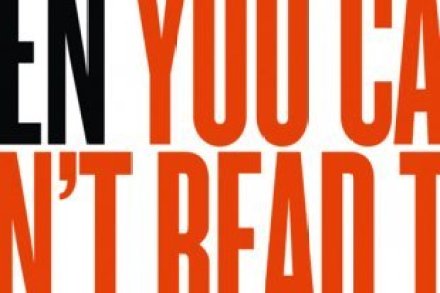My favourite passage from Dickens… | 7 February 2012
There is one scene that I remember reading, and it often crops up in my mind despite never having gone back to it. There is a character in Bleak House called Mr Vholes. And there is a description of him removing his gloves as if they were a layer of skin. It’s such a brilliant







